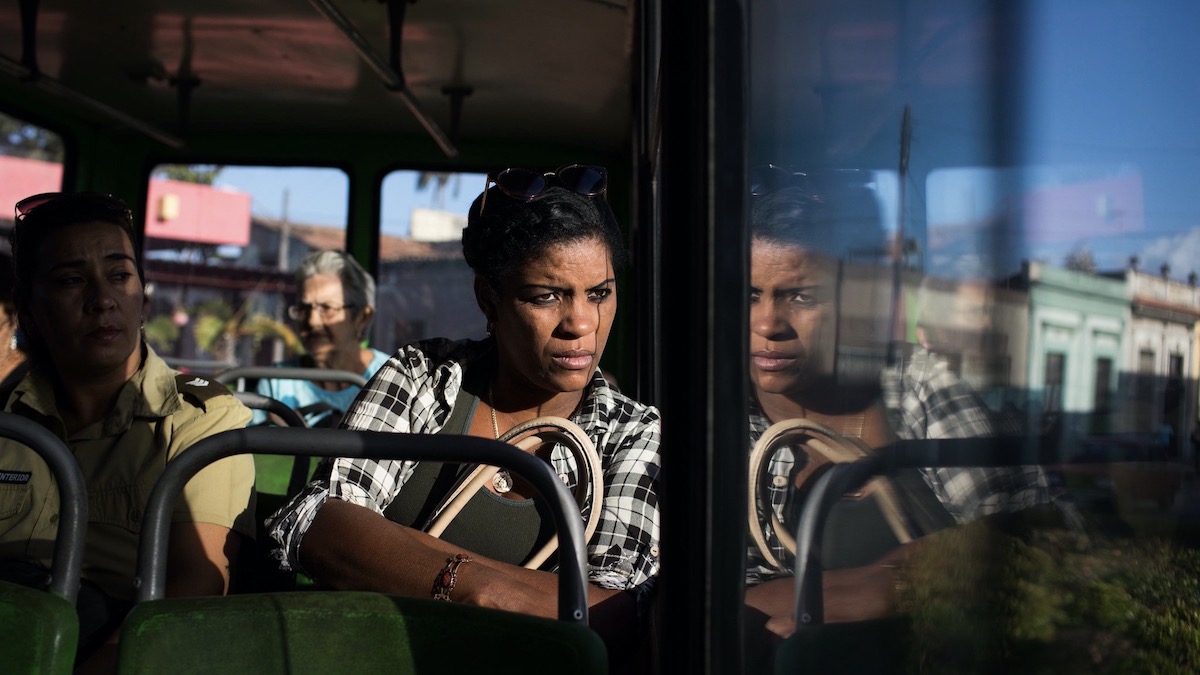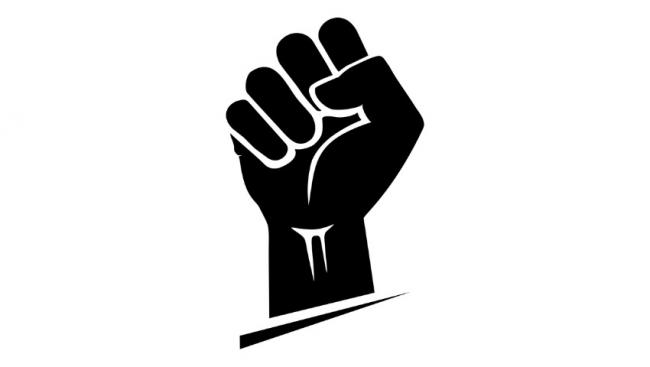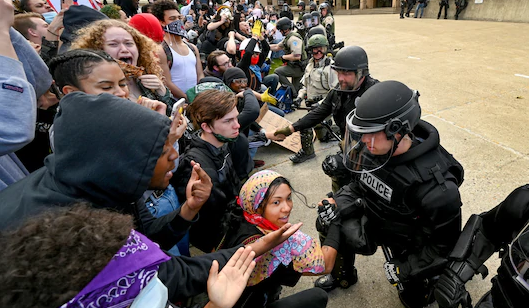The death of African-American George Floyd due to excessive use of force employed by a white police officer, and the ensuing protests by the Black Lives Matter movement and many others outraged by the incident, have sparked controversy among Cubans on social media.
Some of the comments raise the question as to whether racism, which the island's government has never demonstrated any real resolution to eliminate in the past 60 years, is just as extant among Cuban dissidents and expatriates.
A few days ago Antonio Madrazo told the DIARIO DE CUBA that: "for a long time Cubans on the other shore have been indifferent to the African-American political community's cause, which is the result of racist notions harboured by much of those making up the ‘diaspora’."
Eliécer Ávila, founder of the opposition movement Somos +, and an émigré since 2017, seems to provide evidence supporting Madrazo’s harsh assessment, as the former suggested, in a debate with a young man named Sandor Valdés, that if the unemployment rate of African-Americans in the last 60 years has always been double that of white Americans (data that was provided by Ávila's interlocutor), it is because they are unwilling to work.
"I thought it was more, because, unfortunately, we don't have the statistics to compare whites' willingness to work with that of blacks," said Ávila. "Based on my experience, as I've worked with both of them, I thought it was about eight times higher (the unemployment rate for African Americans compared to that for white Americans)."
Regarding the centuries of slavery, discrimination and segregation that African Americans suffered, Ávila stated: "If I've been waiting a hundred years to be able to work, because I want to work, and you approve the law, I will work tomorrow."
Opinions are divided on this debate, as well as on Floyd's death and the protests it generated. Many people have called Avila a racist, but others have expressed agreement with his statements.
Activist Liu Santiesteban called the words of the leader of Somos + "brave" in a post responding to criticism by "artivist" Tania Bruguera's of Avila's claims regarding the unemployment of blacks in the United States.
"To say that the race problem in the United States comes down to blacks being lazy –I quote 'it is their fault that they cannot find work'– is of unprecedented political ignorance, and is the argument of racist whites," Bruguera had written.
Before going into exile the founder of Somos + had planned to run for regional delegate, and felt he had a chance of winning. In that democratic future that still seems distant for our country, he could have a very legitimate aspiration to occupy a political position.
But, considering his statements about African Americans, what could the Afro-Cuban community expect from him? Could it expect any commitment to put an end to the racial inequities that Castroism has been unable to overcome? If Eliécer Ávila shrugs off the consequences of the centuries of slavery, discrimination and repression that blacks have suffered in the United States, what are his views regarding the effects of the inequalities that black people have suffered, and still suffer, in Cuba?
Racism or ignorance?
The face of influencer Alexánder Otaola painted black has also been controversial, the image dates back to the year 2017, when he imitated the reggaeton artist Chocolate, who threatened to sue him.
There has been a recent flood of blackfaces on social media following George Floyd's death, in many cases posted by people intending to show solidarity. Some, however, have interpreted them as expression of racism.
Although Otaola's is right when he points out that in Cuba black-painted faces were used in popular theater by actors playing blacks, along with gallegos (Spanish immigrants) and mulatas (mulatto women), it is important to note that this type of theatrical makeup was banned in the United States in the 60s because it was deemed to promote mockery and spread negative stereotypes of black people.
Otaola's action shows, at the very least, a dearth of knowledge that is unfortunate in an influencer with so many Cuban followers.
The coordinator of Candidates for Change (CxC), Juan Moreno, meanwhile, recently told DIARIO DE CUBA that the Cuban Police "represses without racial distinction." Regarding the impact of the government's measures to tackle the coronavirus pandemic, the dissident said that they "transcended skin color."
His statements, however, clash with the Informe del País (Country Report) recently presented by the Inter-American Commission on Human Rights (IACHR), which points to the disadvantages black and mestizo Cubans face in terms of access to drinking water and housing, since, relative to other groups, "there are more than twice as many people of African descent living under severely overcrowded conditions; that is, where there are more than five people per bedroom on average."
Rather than dismiss as racists our fellow compatriots, exiles and activists, who share a desire for democracy for Cuba, we should inquire with the different opposition parties and organisations as to whether they are aware of racial inequalities in Cuba, and whether the eradication of racism forms part of their plans to move the country forward into a future without dictatorship.
What is happening in the United States –a democratic nation, though not a perfect one, where a black man won the presidential elections, twice– demonstrates the importance of thoroughly eradicating any form of discrimination. Even if is the castroista-chavista left that is behind the acts of vandalism into which many protests after Floyd's death have degenerated, as some media have averred, in such a scenario they would be exploiting the racial tensions that still persist in that country.


